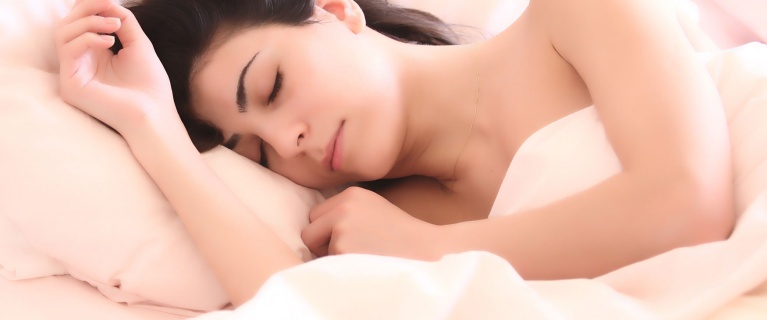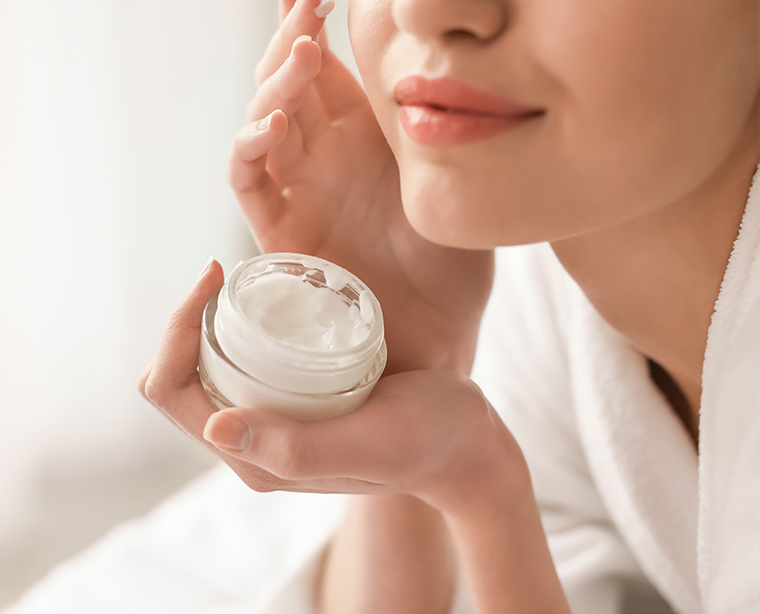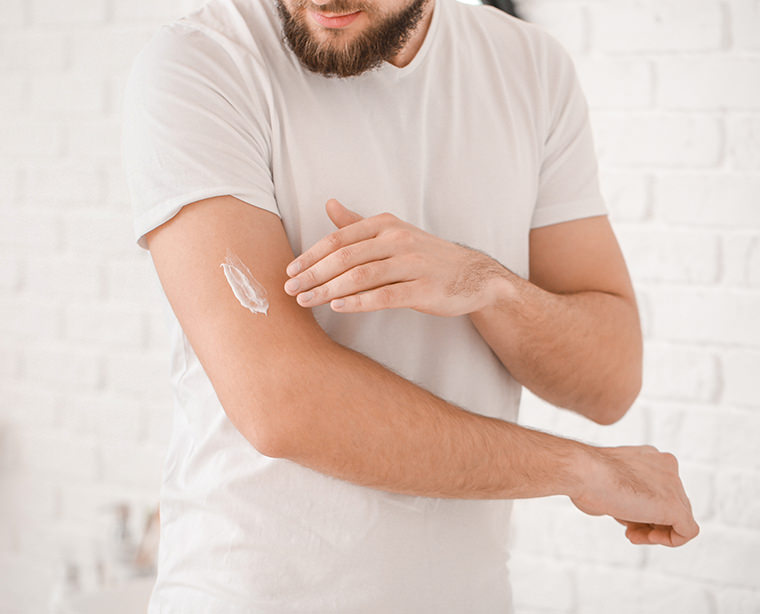

Eczema and trouble sleeping: the impacts and how to improve sleep

Eczema disrupts sleep
Many people with atopic eczema toss and turn and experience poor sleep quality. Poor sleep is actually one of the most common impacts on daily life, with significant ramifications on quality of life. The better your awareness, the better equipped you are to limit its impacts.
Disrupted sleep
You often hear that itching really “ramps up” in the evening. It’s true; itching, along with scratching, is often more intense at this time. People with atopic dermatitis often have trouble sleeping as a result.
They may have trouble falling asleep, wake up more often through the night, or even be at higher risk for sleep apnea. Sleep is less restorative, and waking up is more difficult, leaving patients feeling exhausted in the morning.
If your child has eczema, be understanding. Tell them that you understand what they are going through and how difficult it can be to stop scratching.
Scientific research has shown that other associated factors, aside from itching, contribute to poor sleep quality (abnormal hormone production rates, melatonin metabolism, etc.).
80% of adults with atopic eczema complain of sleep problems
50% of adults with atopic eczema say that sleep is less restorative
Children with atopic eczema are twice as likely to experience insomnia
Significant impacts on daily life
Sleep problems can wreak havoc on your daily life, making them almost unbearable. Below are the most common impacts of eczema-induced sleep problems:
- Daytime fatigue
- Mood disorders
- Attention and learning difficulties
- Impact on family and social life
- Consequences on your professional goals
Talk to the school
When the school year starts, feel free to discuss your child’s problem with their teacher. Explain that your child may be tired or irritable if they’ve been up all night itching. They may also have difficulty staying relaxed and focused due to an urge to scratch. Take this as an opportunity to explain also that atopic eczema is not contagious and has nothing to do with poor hygiene!
Good habits for the evening
Here are a few habits that may help eczema patients sleep better:
- Take a quick shower (but not too hot)
- Use an emollient to hydrate your skin
- Wet-wrapping technique for acute flare-ups
- Have your child wear cotton gloves or mitts to prevent them from scratching in their sleep
- Opt for loose-fitting cotton pajamas, or sleep naked
Sleeping in the proper conditions can help reduce certain sleep problems associated with eczema by minimizing additional itching:
- Choose cotton or linen sheets and washable covers, duvets and curtains.
- Avoid wool or horsehair mattresses, as well as down pillows or duvets.
- Change the sheets weekly and avoid washing them with fabric softener.
- Opt for toys and decorative objects that are easy to clean and that do not collect dust.
- Air out the bedroom, which must remain easy to clean.
- Keep the bedroom cool to avoid sweating in bed.
- Remove any dust, animal hair and dust mites, which are potential allergens.
- Avoid carpet, or have it treated regularly with a miticide.
- Above all, do not smoke near an atopic child!


